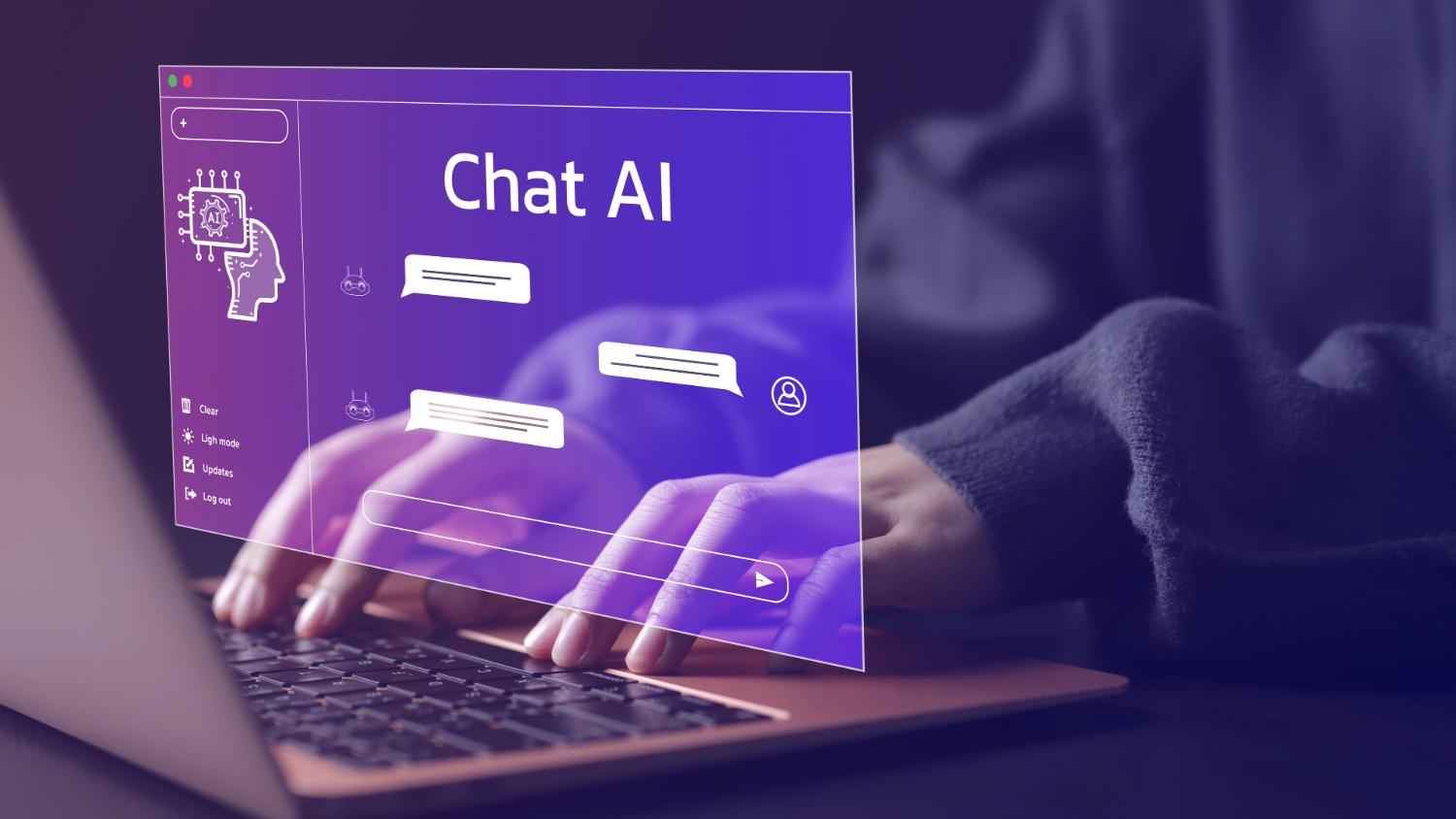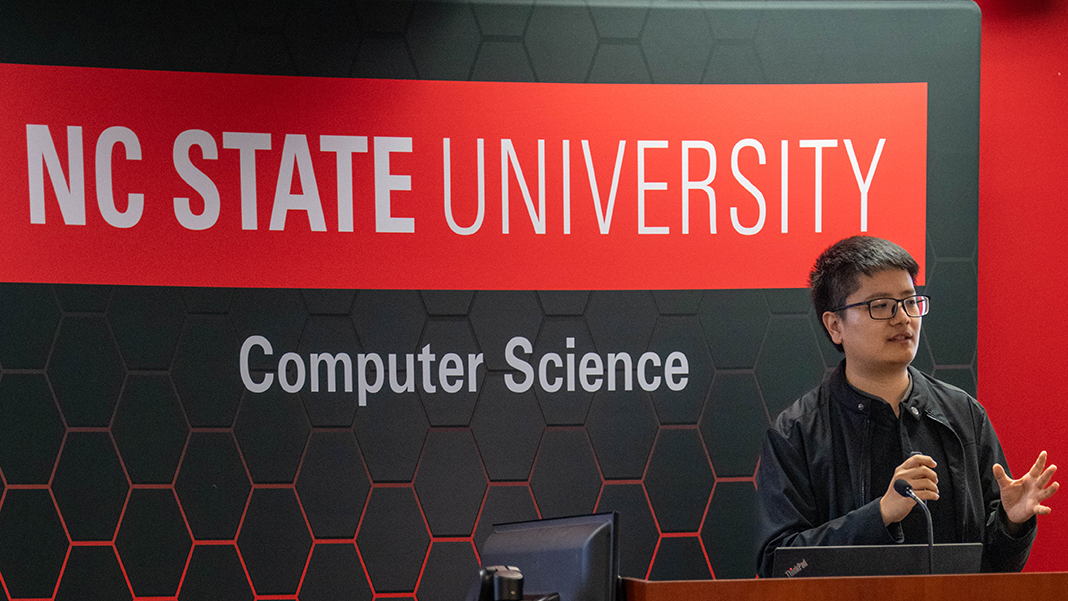Artificial intelligence is transforming every industry, including higher education and human resources. As employees, we need to understand how AI can enhance our work rather than fear its impact.
AI has been assisting humanity for decades, from Alan Turing’s early explorations in the 1930s to everyday tools like GPS mapping apps and grammar checkers. These technologies improve our lives by automating routine tasks and providing us information about the world around us.
While AI is not necessarily a new concept, it is becoming more prevalent now that it’s available in many forms in our everyday lives. NC State is actively exploring AI in its academic and administrative functions. For example, we offer an undergraduate AI concentration in computer science, sustain an AI Academy program that will prepare 5,000 AI professionals for the workplace of the future and facilitate AI in Society, a group exploring AI’s societal impacts. The Office for Faculty Excellence provides resources for faculty members interested in integrating AI into their teaching practices.

I’ve worked in the human resources field for nearly 20 years, and I see firsthand the growing uses of AI in the workplace, including within the HR function. AI can revolutionize HR by automating repetitive tasks and enhancing decision-making processes. Just a few examples include:
- AI in recruitment. Companies are using AI to improve hiring processes, like FedEx’s use of conversational AI to streamline the hiring process for some jobs to less than 10 minutes from application to offer.
- Employee engagement. Companies are using AI to create personalized action plans to improve employee well-being.
Ultimately, AI offers tremendous potential to enhance the workplace.
With revolutionary tools and change, fears often arise. Common fears about AI include job loss and trust issues. However, AI is more likely to take over specific tasks rather than entire jobs, and when AI takes over routine tasks, employees are generally happier. A Salesforce survey found that 89% of employees felt automation made their jobs more satisfying, and 91% reported it improved work-life balance. For workers struggling to trust AI to assist in their work, it’s essential to consider AI’s imperfections in the context of human flaws. AI’s shortcomings are well-documented, especially around providing incorrect information and applying systemic biases. However, humans also can produce work that is inaccurate and biased.
The workplace of the future likely involves combining the strengths of both humans and AI. In the workplace of the future, it may be advantageous to automate some tasks and augment those requiring human oversight. For HR, this integrated approach could enhance effectiveness and efficiency and allow HR professionals to focus on improving the employee experience. Outside of HR, an integrated approach likely entails similar benefits for many other roles in the workplace.
As the use of AI becomes more prevalent, laws and guidelines will emerge to help ensure the ethical use of AI in the workplace. Employers and employees should monitor federal standards, such as the White House’s AI risk management standards and the Equal Employment Opportunity Commission’s Artificial Intelligence and Algorithmic Fairness Initiative. NC State will continue to provide resources and information to faculty, staff and students through various channels such as the Office of Information Technology’s OIT News and the AI @ NC State Hot Topics series hosted by the Data Science Academy.
Ultimately, AI offers tremendous potential to enhance the workplace. While much remains to be learned and understood about AI, I suggest we embrace it as an opportunity to augment – not replace – human abilities. By thoughtfully integrating AI into our work, we can Think and Do more and better strive towards meeting our mission and vision.
David Perryman
Director, Talent Acquisition and Employment
This post was originally published in University Human Resources News.
- Categories:



